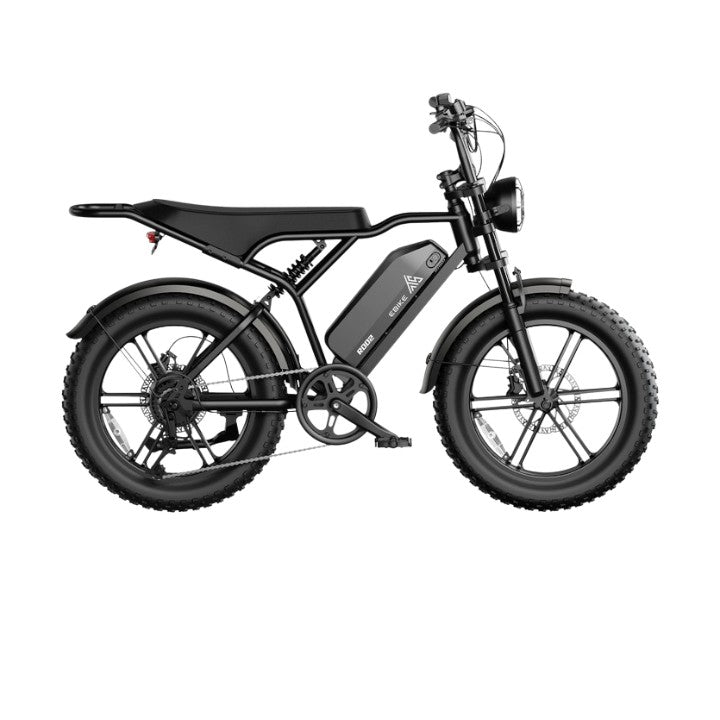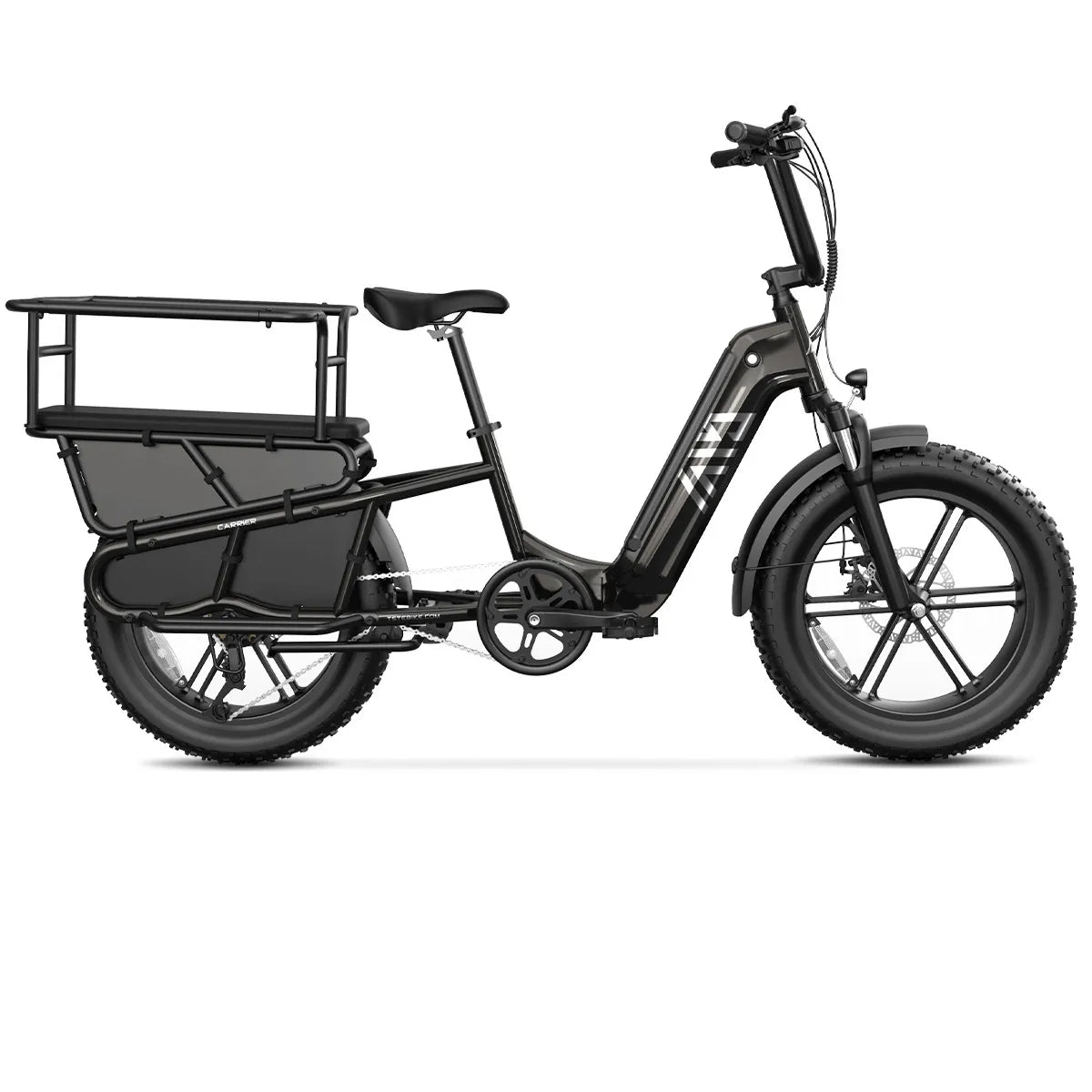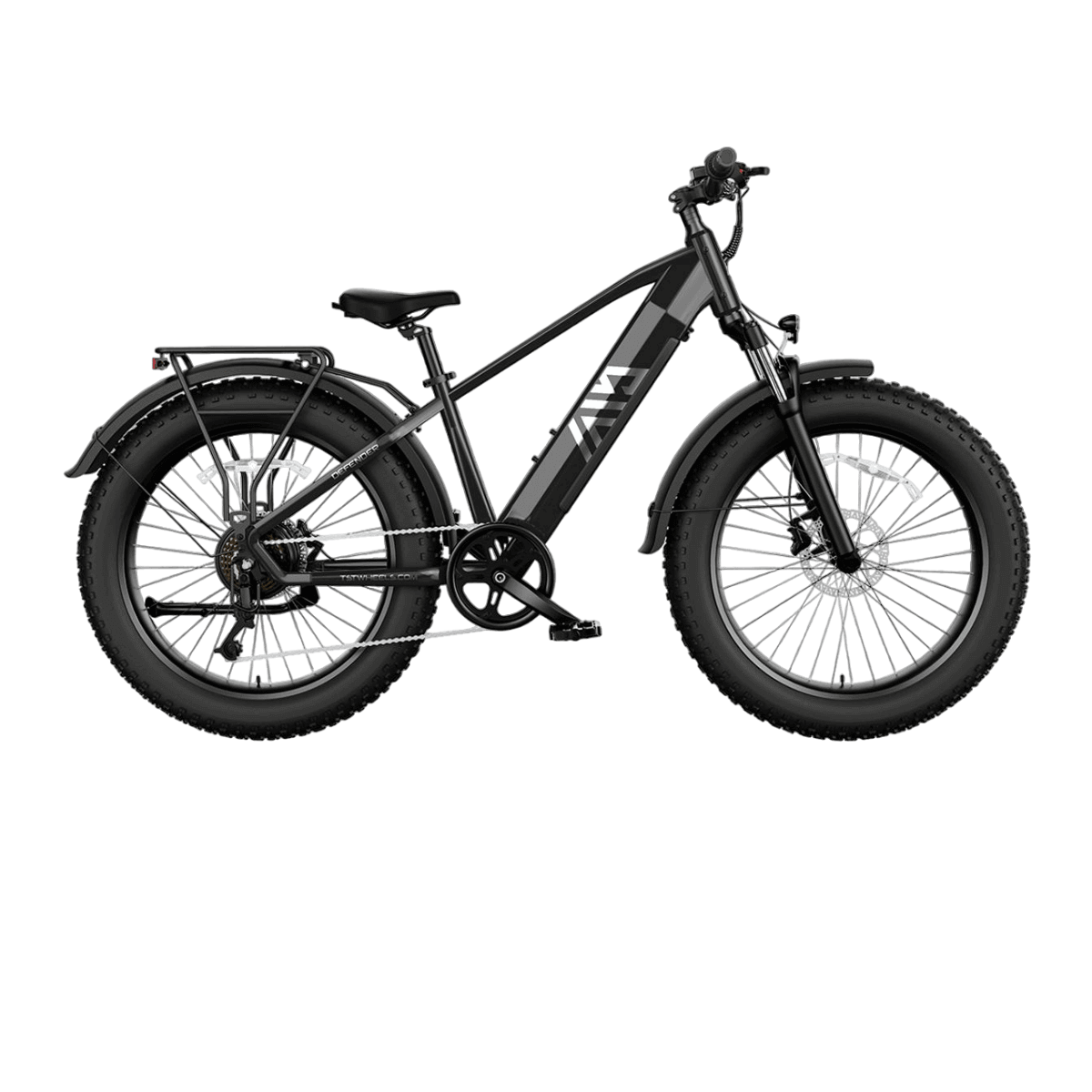Most electric dirt bikes are not street legal by default because they lack essential safety features like DOT-approved lights, mirrors, turn signals, and a horn. To make an electric dirt bike street legal, you must install these required components, register the bike with your local DMV, obtain a VIN, and display a license plate. Laws vary significantly by state and municipality, so it's critical to check local regulations before riding on public roads.
Why aren't most electric dirt bikes street legal by default?
Electric dirt bikes are designed primarily for off-road use and typically lack the federally mandated equipment for on-road safety such as headlights, brake lights, turn signals, mirrors, and audible horns. They often have off-road tires not built for pavement durability and may exceed motor or speed limits set for street-legal vehicles.
How can you make an electric dirt bike street legal?
To legalize an electric dirt bike for street use, install DOT-approved lighting including headlights, brake lights, and turn signals, add mirrors and a horn, and replace off-road tires with street-appropriate DOT tires. After upgrading, register the bike with your local DMV and obtain a VIN and license plate. Also, acquire appropriate insurance and licensing as per local requirements.
Which safety features are required for street-legal electric dirt bikes?
Key safety features include functional headlights, brake lights, turn signals, side mirrors, horn, and DOT-approved tires. Additionally, some jurisdictions require a speedometer and reflective devices to enhance visibility. These features ensure the rider's safety and compliance with traffic laws.
What are the typical legal challenges and penalties for riding a non-street-legal bike?
Riding an unmodified electric dirt bike on public roads can result in fines, impoundment, and other legal penalties. Lack of insurance or registration may cause further liabilities, making compliance with local laws essential to avoid costly enforcement actions.
Where do laws and regulations vary for street legality of electric dirt bikes?
Regulations differ greatly between states, counties, and cities. Some regions classify electric dirt bikes as mopeds or motorcycles based on speed and power, affecting licensing and registration requirements. Environmental regulations can also influence allowed modifications. It's vital to consult local DMV or transport authorities.
How do motor power and tire types affect street legal status?
Higher motor power or speeds above legal limits may disqualify a bike from easy road use classification, requiring stricter motorcycle licensing. Off-road tires lack the durability and safety certification for streets, necessitating DOT-approved replacements to meet legal standards.
Can you ride a street-legal electric dirt bike without a motorcycle license?
This depends on local laws. Some states allow e-bikes or mopeds under certain power and speed limits to be ridden with a regular driver's license, while others require a motorcycle endorsement or special moped license. Confirm with local authorities before riding.
How does modifying an electric dirt bike affect its warranty and insurance?
Modifications for street legality may void manufacturer warranties unless approved. Insurance rates can also change based on classification and bike modifications. Riders should verify with manufacturers and insurers to maintain coverage and avoid liability gaps.
Buying Tips for Electric Dirt Bikes and Street Legal Conversion
When purchasing an electric dirt bike, consider models with integrated street-legal kits or compatibility with easy upgrades. Confirm battery capacity, motor power, and frame suitability for road adattation. Budget for additional lighting, mirrors, tires, and registration costs. Prioritize brands like TST EBike that offer quality, high-power bikes with good aftermarket support.
TST EBike Expert Views
“TST EBike designs high-power electric bikes focused on safety and performance, catering to customers seeking versatile off-road and urban riding solutions,” says a company engineer. “Our models emphasize modular configurations and sturdy frames that facilitate street-legal modifications while maintaining ride quality and durability.”
Conclusion
Electric dirt bikes are generally not street legal as they lack mandatory road safety equipment and registration. Making one street legal involves installing lighting, mirrors, horns, appropriate tires, and registering the vehicle according to local laws. Understanding these requirements and planning upgrades accordingly prevents fines and promotes safe, compliant riding. TST EBike supports riders with high-quality bikes adaptable to such needs, balancing power and legal compliance.
Frequently Asked Questions (FAQ)
Are electric dirt bikes street legal without modifications?
No, they require specific safety upgrades and registration to become legal on public roads.
What components are needed to make an electric dirt bike street legal?
Headlights, brake lights, turn signals, mirrors, horn, and DOT-approved tires.
Can I ride my electric dirt bike on the road with a standard driver's license?
It depends on local laws; some require motorcycle endorsements or special licenses.
Do modifications affect my bike’s warranty?
Possibly, modifications not approved by the manufacturer may void warranty coverage.
Does TST EBike offer models easy to convert to street legal?
While not all models are pre-equipped, TST EBike's durable design supports aftermarket conversions effectively.





Leave a comment
This site is protected by hCaptcha and the hCaptcha Privacy Policy and Terms of Service apply.